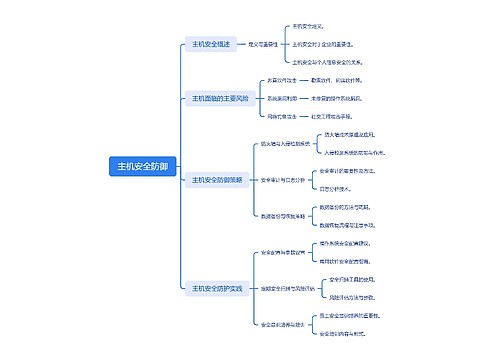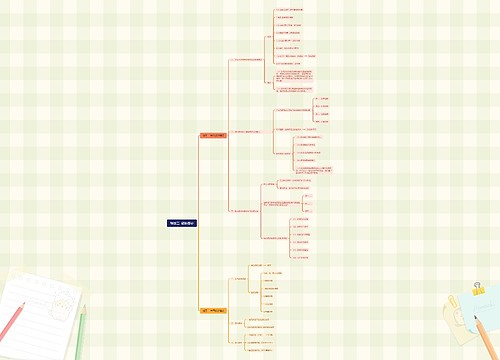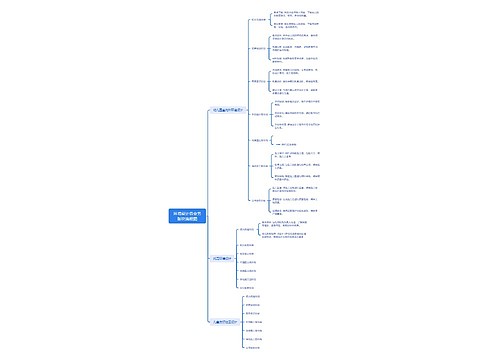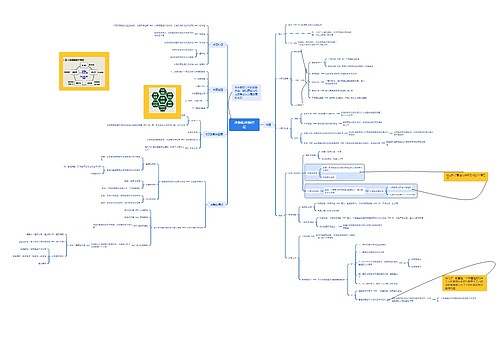Sustainable Solid Waste Management in Malaysia: Multi-Stakeholder Governance思维导图
U496795477
2025-05-02

马来西亚的可持续固体废物管理:多方利益相关者治理内容详述
树图思维导图提供《Sustainable Solid Waste Management in Malaysia: Multi-Stakeholder Governance》在线思维导图免费制作,点击“编辑”按钮,可对《Sustainable Solid Waste Management in Malaysia: Multi-Stakeholder Governance》进行在线思维导图编辑,本思维导图属于思维导图模板主题,文件编号是:6543939fc6a3880343611c6b56044902
思维导图大纲
相关思维导图模版
Contract workflow management 思维导图
 U873425174
U873425174树图思维导图提供《Contract workflow management 》在线思维导图免费制作,点击“编辑”按钮,可对《Contract workflow management 》进行在线思维导图编辑,本思维导图属于思维导图模板主题,文件编号是:5bdf9d6bfb865f378ed9a302b06e2ccc

The Journal of Arts Management, Law, and Society思维导图
 U347188394
U347188394树图思维导图提供《The Journal of Arts Management, Law, and Society》在线思维导图免费制作,点击“编辑”按钮,可对《The Journal of Arts Management, Law, and Society》进行在线思维导图编辑,本思维导图属于思维导图模板主题,文件编号是:93ab5cdb099eb001981ebbaf3cbcf2a3













